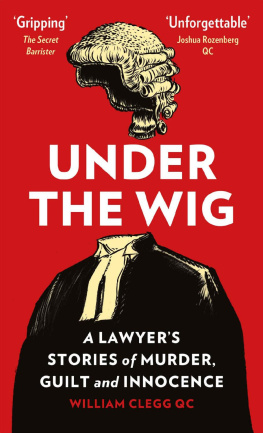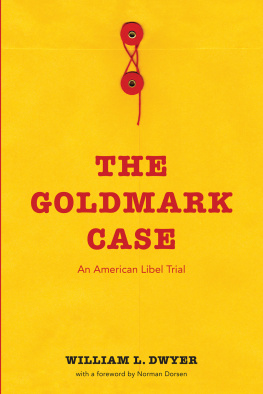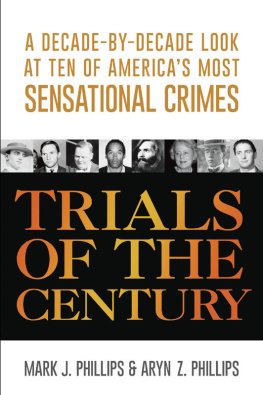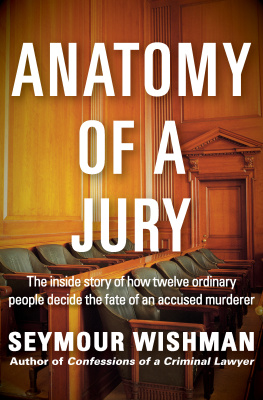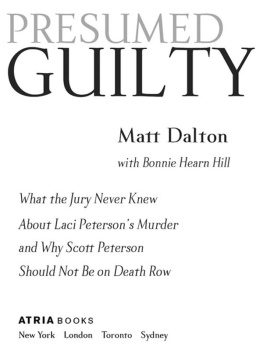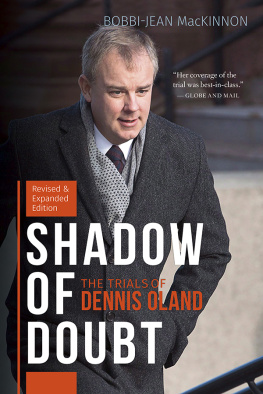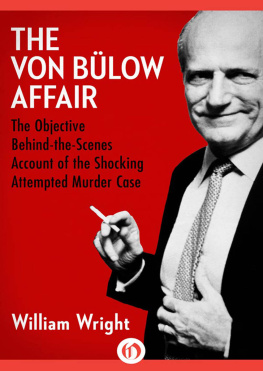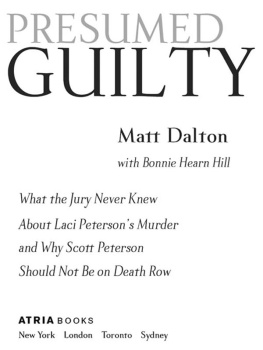William Clegg - Under the Wig: A Lawyer’s Stories of Murder, Guilt and Innocence
Here you can read online William Clegg - Under the Wig: A Lawyer’s Stories of Murder, Guilt and Innocence full text of the book (entire story) in english for free. Download pdf and epub, get meaning, cover and reviews about this ebook. year: 2019, publisher: Quercus, genre: Detective and thriller. Description of the work, (preface) as well as reviews are available. Best literature library LitArk.com created for fans of good reading and offers a wide selection of genres:
Romance novel
Science fiction
Adventure
Detective
Science
History
Home and family
Prose
Art
Politics
Computer
Non-fiction
Religion
Business
Children
Humor
Choose a favorite category and find really read worthwhile books. Enjoy immersion in the world of imagination, feel the emotions of the characters or learn something new for yourself, make an fascinating discovery.
- Book:Under the Wig: A Lawyer’s Stories of Murder, Guilt and Innocence
- Author:
- Publisher:Quercus
- Genre:
- Year:2019
- Rating:3 / 5
- Favourites:Add to favourites
- Your mark:
Under the Wig: A Lawyer’s Stories of Murder, Guilt and Innocence: summary, description and annotation
We offer to read an annotation, description, summary or preface (depends on what the author of the book "Under the Wig: A Lawyer’s Stories of Murder, Guilt and Innocence" wrote himself). If you haven't found the necessary information about the book — write in the comments, we will try to find it.
GRIPPING -The Times
How can you speak up for someone accused of a savage murder? Or sway a jury? Or get a judge to drop a case?
In this memoir, murder case lawyer William Clegg revisits his most intriguing trials, from the acquittal of Colin Stagg to the shooting of Jill Dando, to the man given life because of an earprint.
All the while he lays bare the secrets of his profession, from the rivalry among barristers to the nervous moments before a verdict comes back, and how our right to a fair trial is now at risk.
Under the Wigis for anyone who wants to know the reality of a murder trial. It has been praised as gripping by The Times, riveting by the Sunday Express and fascinating by the Secret Barrister, who described the author as one of our countrys greatest jury advocates.
Several prominent barristers, including Matthew Scott and Bob Marshall-Andrews QC, have said Under the Wig is a must read for anyone with an interest in the criminal law. Switch off the TV dramas and see real criminal law in action.
Well-known cases featured:
The Murder of Rachel Nickell on Wimbledon Common
The Chillenden Murders (Dr Lin and Megan Russell)
The Trial of Private Lee Clegg
The Murder of Jill Dando
The first Nazi war crimes prosecution in the UK
The Murder of Joanna Yeates
The Rebekah Brooks Phone Hacking Trial
REVIEWS
This is a gripping memoir from one of our countrys greatest jury advocates, offering a fascinating, no-holds-barred tour behind the scenes of some of the most famous criminal cases of modern times.
- The Secret Barrister
Countless veteran lawyers have produced page-tuners based in the fictional world of law, but inUnder the WigWilliam Clegg, QC, has distilled his extraordinary life in the criminal courtroom into a yarn equally as gripping.
- The Times
One of Englands best barristers provides a fascinating sometimes hilarious combination of a personal odyssey and insider accounts of the most important and famous court cases of recent times.
From the infamous case of Colin Stagg and the Wimbledon Murders to war crimes in Belarus and Bosnia and the Murdoch phone hacking trials we share and applaud the authors deep commitment to justice and his infectious enthusiasm for one of the worlds greatest professions. An absolute must read for anyone who aspires to join it (and anyone who already has.)
- Bob Marshall-Andrews QC
Bill Cleggs memoir draws on some of the most high-profile criminal prosecutions of recent years to illuminate the career of a defence lawyer at the peak of his success.
Deftly weaving personal reminiscences into the view from counsels bench, he solves one high-profile murder case long before the police and ensures that justice is finally done in another after the tactics adopted by a better-known QC have led to a miscarriage of justice.
Unlike many works of this genre, Cleggs case-book eschews endless exchanges with long-forgotten judges, lawyers and villains. Like the successful jury advocate that he is, Clegg reduces his story to its essence.
- Joshua Rozenberg
A must read if youve got any interest in the criminal law.
William Clegg: author's other books
Who wrote Under the Wig: A Lawyer’s Stories of Murder, Guilt and Innocence? Find out the surname, the name of the author of the book and a list of all author's works by series.

